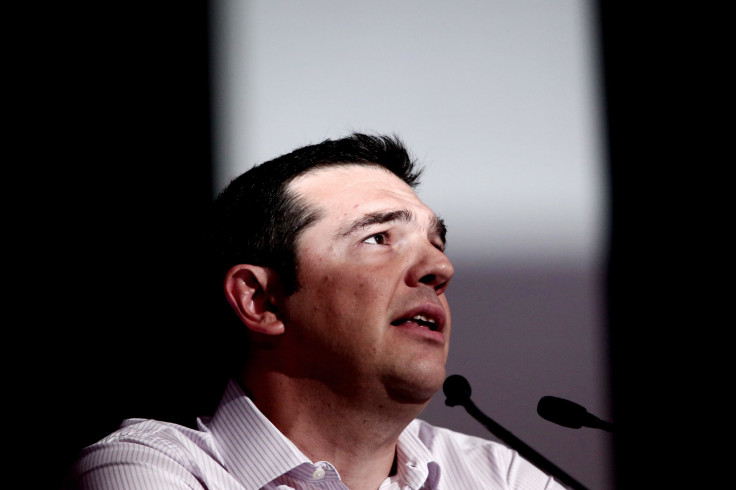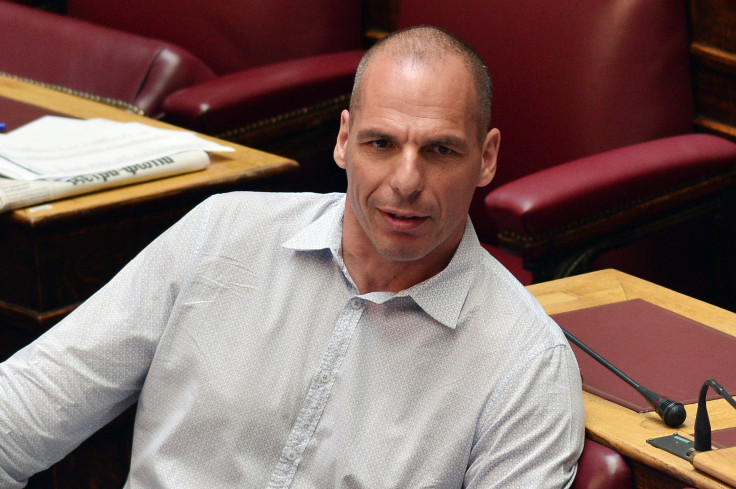Greek Debt Crisis Update: Tsipras Calls For New Vote Amid Struggle To Unify Syriza Party Divisions

Struggling to unify his splintering Syriza party, Greek Prime Minister Alexis Tsipras said he would not be bullied any further on austerity measures and called for a partywide vote Sunday on whether Greece would be better off without help from European rescue loans. Stuck between a leftist government that wants fewer austerity measures and European lenders that want more, Tsipras said Wednesday that he would not implement additional reforms such as further cuts to the budget or pensions.
The goal of the vote was unclear as a new bailout package was approved by Greek Parliament last Thursday with significant support from parties opposed to Syriza, passing with a 260-63 vote. Reversing a decisive 61 percent "no" vote on further austerity measures in a referendum held on July 5, Tsipras supported the bailout that accepted 86 billion euros, or approximately $94 billion, in exchange for even stricter austerity measures such as hiking up taxes, overhauling the Greek banking system and slashing social spending.
Tensions within the party were heightened when former finance minister Yanis Varoufakis revealed that he, along with other members of Syriza, had been preparing a secret back-up economic plan that included a return to Greece's former currency, the drachma.

The Greek debt crisis has not only caused difficult living conditions for Greeks, including sky-high unemployment rates and capital controls, but it has also sunk the euro and damaged financial systems in all of Europe. The money for bailout funds for Greece is coming predominantly from other European governments who want to see enormous change in the Greek financial system and have been pushing for reforms that go beyond what was agreed upon in the most recent bailout deal.
"I know well the framework of the deal we signed at the euro zone summit on July 12," Tsipras told Sto Kokkino radio, as reported by Reuters. "We will implement these commitments, irrespective of whether we agree with it or not. Nothing beyond that."
The widening rift between Tsipras and members of Syriza who said he has betrayed their socialist, leftist roots may cause Tsipras to call for an early general election vote. That election could take place as early as September.
© Copyright IBTimes 2025. All rights reserved.





















